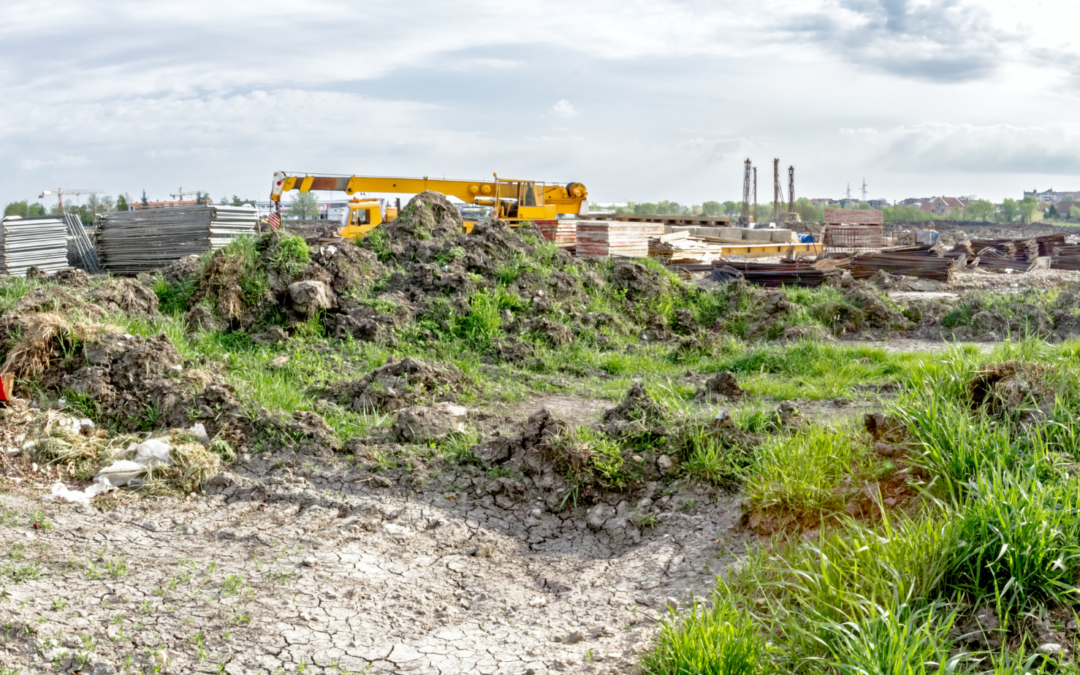With the current administration’s latest tax proposals in the works, many in the real estate industry have been left questioning what the future will look like for long-term capital gains.
The recently introduced American Families Plan, which aims to support middle-class American families in a variety of ways is expected to cost an estimated $1.8 trillion. Congress is being asked to approve the implementation of multiple tax adjustments to fund this upcoming plan. One of these proposed adjustments includes raising capital gains taxes from their current rate of 20 percent to a high of 39.6 percent.
Clearly, the near doubling of this tax is likely to have a significant effect on the real estate market as it currently stands.
In their simplest form, capital gain tax is charged on the value growth of investments incurred when individuals or corporations choose to sell those investments. It should be noted as well that selling assets that have been owned for less than one year are taxed at a higher rate than those held beyond one year.
The proposed plans are forcing investors to identify alternative opportunities within the industry. One such solution is investing in real estate in opportunity zones.
What are opportunity zones?
The IRS defines opportunity zones as “an economically-distressed community where new investments, under certain conditions, may be eligible for preferential tax treatment.” Opportunity zones were initially created as an economic development tool. They are intended to support economic growth and development in distressed communities.
Why are opportunity zones a potential ‘tax haven’?
Opportunity zones offer investors the opportunity to take advantage of tax deferrals when investing in qualified areas. Eligible gains include both capital gains and 1231 gains but must be recognized for federal income tax purposes prior to January 1, 2027.
Simply put, opportunity zones may offer investors the ability to defer their capital gains to a later time in an effort to avoid the significant taxation on capital gains.
While opportunity zones offer a potential alternative to real estate investors looking for a solution around the potential upcoming tax hikes, it should be noted that these proposed plans are still just that, proposed.
While various tax adjustments have been proposed by the current administration, the rulings have not yet been passed into law.
The process of identifying current opportunity zones that are poised to transition into optimal real estate purchases is part research, part intuition. For those CRE investors who are wise in their choices, investment in opportunity zones can provide unparalleled tax upsides.
Our team of experts at Innovative Capital is here to support our clients in their commercial real estate purchases in order to meet their unique individual needs. With our diverse pool of lending partners, we are confident that we can help you secure a deal that meets your needs.
For more information or to get started working with us, please call or contact us today.


